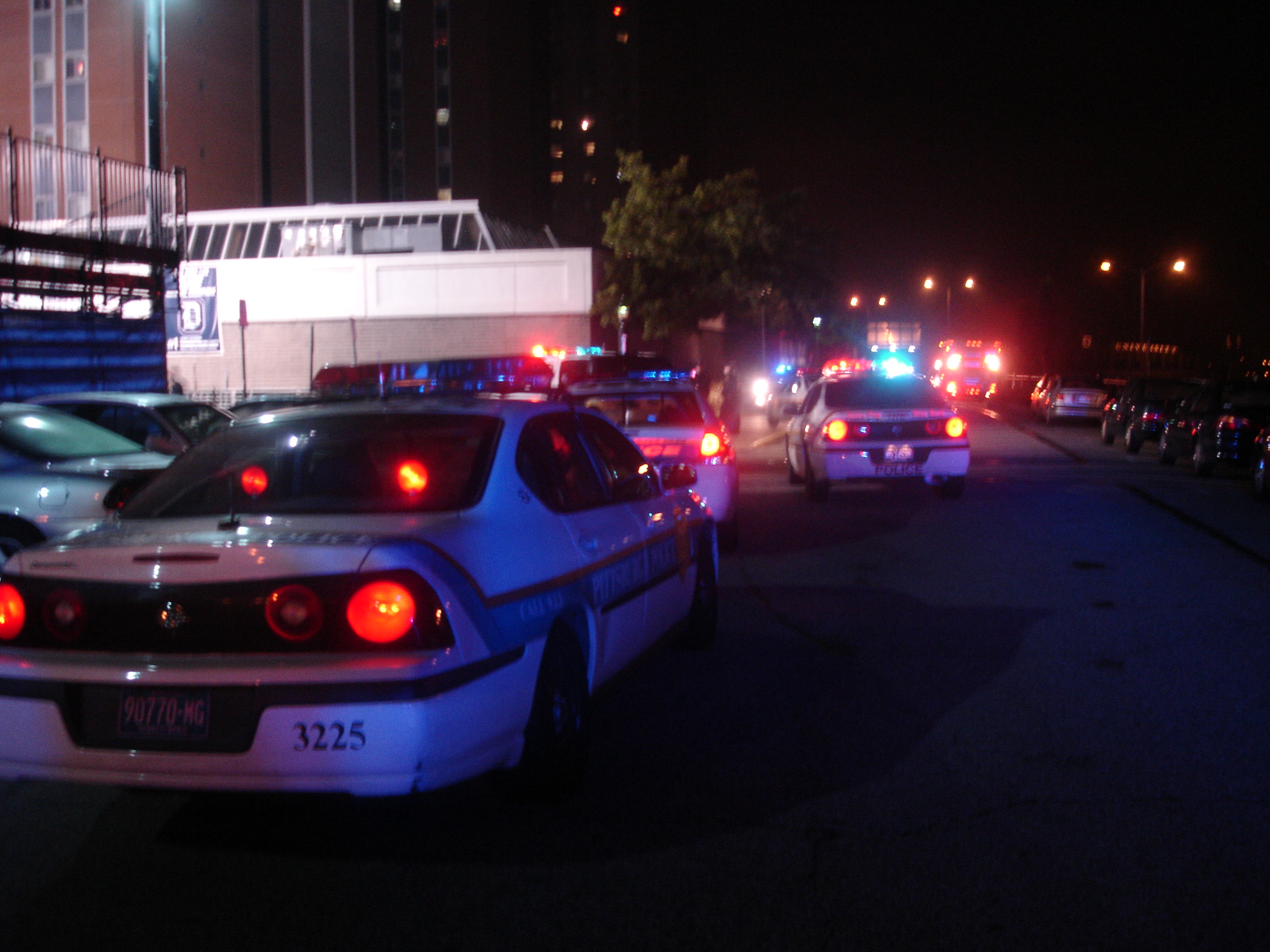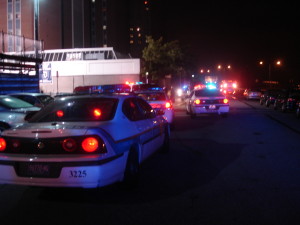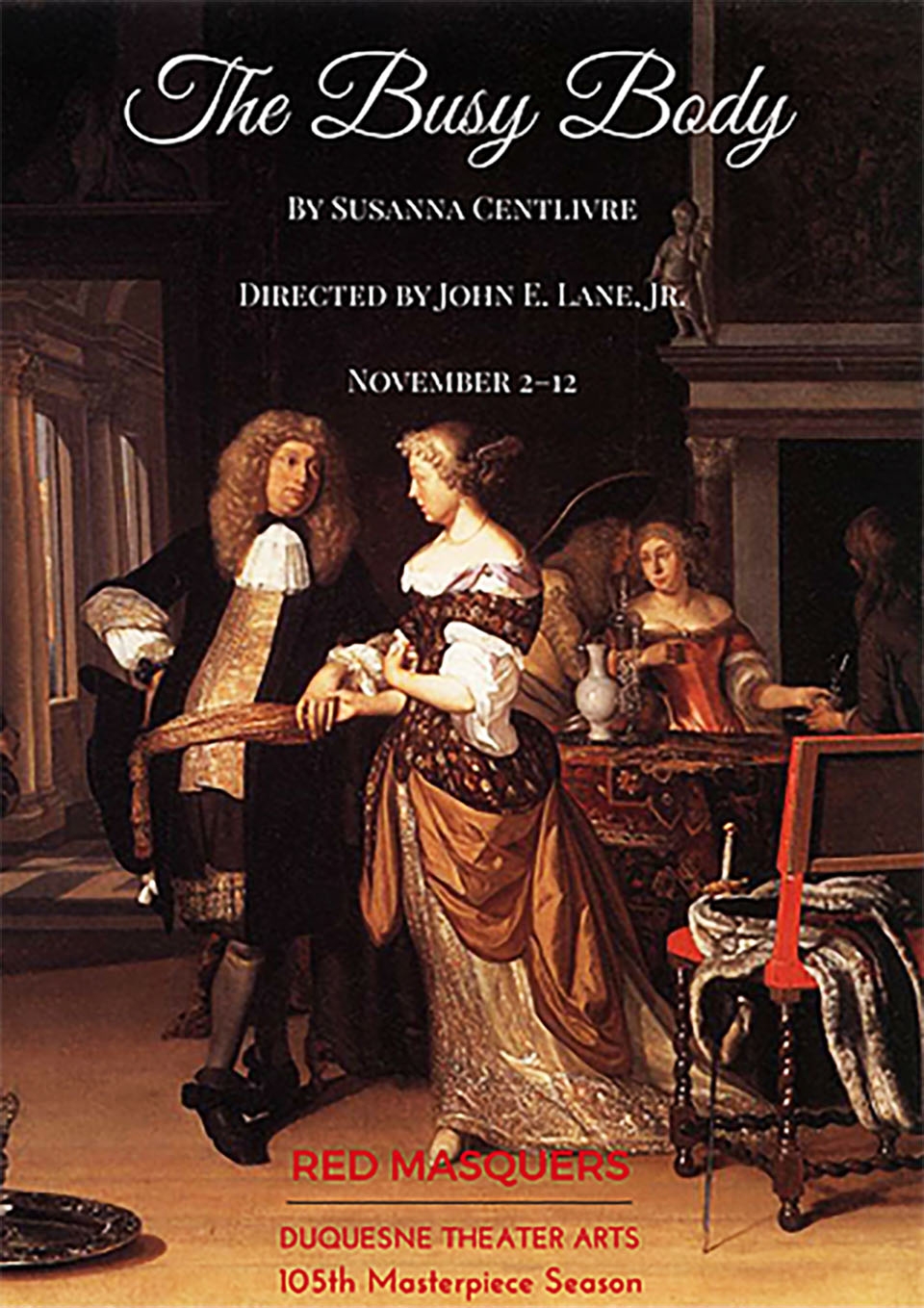

By Julian Routh | News Editor
Since Eric Harris and Dylan Klebold killed 12 students and one teacher in the massacre at Columbine High School in 1999, there have been more than 60 “major” school shootings in the United States.
This trend of gun violence on school grounds prompted Duquesne officials to start a campus-wide active shooter training program that will be administered to all students and faculty this semester.
University President Charles Dougherty, who initiated the training program this summer, said better preparing for an active shooter situation will give students and faculty the tools they need to survive.
The program, designed by public safety director Tom Hart and the Duquesne police department, teaches students and faculty to run, hide and fight if there’s a shooter on campus.
“When something like this occurs, of course, it’s chaotic. It is likely terrifying,” Dougherty said. “If we keep the message simple – to run, hide and fight – and keep repeating it, we will increase the chances that people will survive this, or ultimately put, will decrease the chances of a real tragedy.”
Students and faculty will be required to watch an instructional video from Alberta, Canada that further explains the “Run, Hide, Fight” strategy. The video teaches that in an active shooter situation, students should run if they can, and if they cannot, they should hide. The last option, if all else fails, is to fight.
According to Dougherty, the video “pulls no punches,” and does a good job of demonstrating what it would be like if there was a shooter at Duquesne.
“I think it will leave an impression on people,” Dougherty said. “I think it strikes the right balance given the fact that this would be and is a very frightening prospect.”
The University has already showed the video to numerous campus groups, including commuter students, adjunct faculty and resident assistants. Hart said the school wants to reach everyone on campus, and will do so by continuing to administer it to groups. At the end of the semester, the video will be sent to students and faculty via email.
At the end of the program, Hart takes questions from the audience and gives his own set of tips on how to survive an incident.
Hart said he is working on unveiling two more programs. The first would be an hour long and feature an additional training video and a more in-depth lecture about safety. The second would be a hands-on demonstration with equipment. Public safety has already ordered some of the equipment, he said.
Duquesne public safety has also distributed posters and handouts around the University with information on how to deal with an active shooting situation.
Guns were banned on University property in 2010, four years after five Duquesne basketball players were shot on Academic Walk after a school-sponsored dance. Only Duquesne police are allowed to carry weapons, and anyone violating the policy is subject to criminal charges, administrative charges or expulsion.
Since the ban in 2010, there have not been any incidents on campus involving firearms, according to Hart. However, Hart said he remembers an instance when a student threatened to “get my heat,” a slang term for retrieving a gun, while arguing with someone in South Side.
Duquesne police treat threats with the upmost seriousness, Hart said, and encourages students to do the same.
Hart said he is confident Duquesne police can effectively respond to an active shooter situation. The officers are trained every summer.
“The police at Duquesne are a full-fledged police department that is equipped and trained to respond to anything at Duquesne,” Hart said. “The advantage of being on campus is that we can get anywhere to an emergency quickly.”
According to Hart, the likelihood of a shooter opening fire on campus is the same as “getting struck by a bolt of lightning.”




